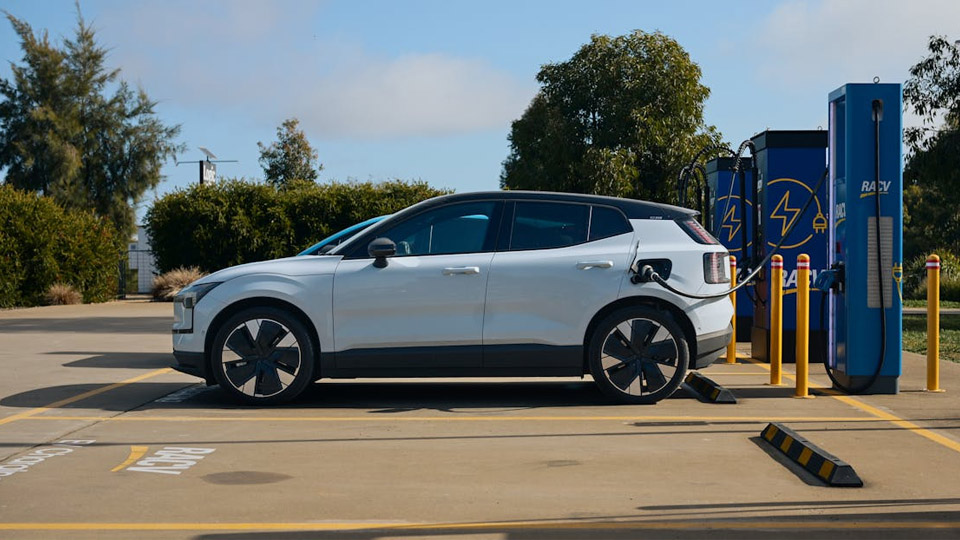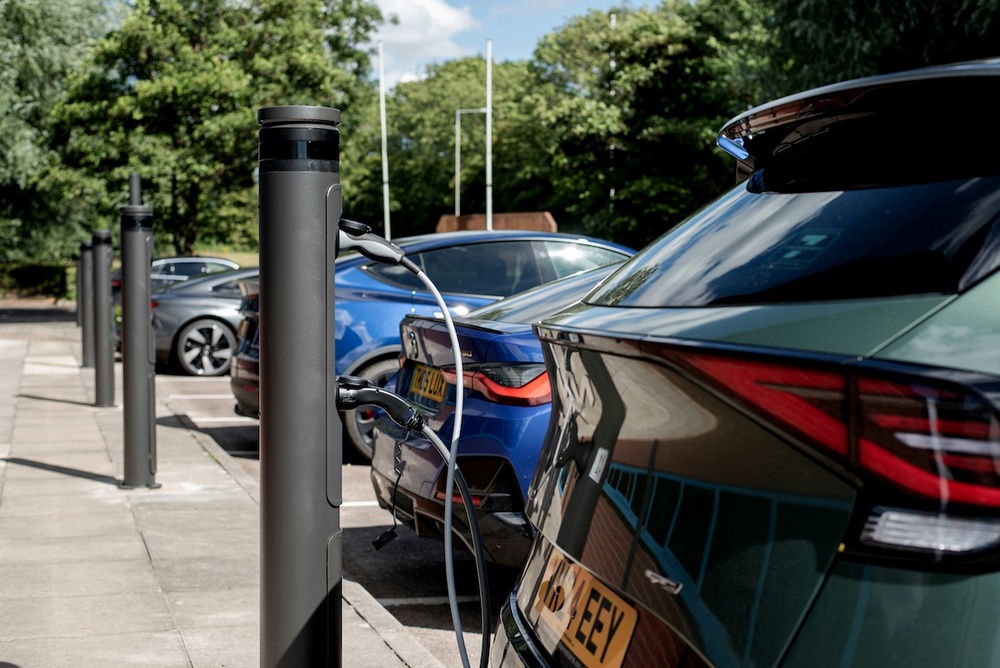The UK government is laying the groundwork for the future of the electric vehicle (EV) market with a £1.3 billion (approximately HK$13.2 billion) subsidy scheme quietly taking shape. This strategy is not only a boost for green energy but also a clever attempt at fiscal balancing.
According to recent reports, the government plans to extend existing EV subsidy policies. Earlier, a £650 million fund was established to provide EV buyers with subsidies of up to £3,750, but now the funding scale has been expanded further. The logic behind this move is quite nuanced: as more vehicles transition to electric power, traditional fuel tax revenues are gradually shrinking, forcing the government to explore new taxation models.

The most striking development is the UK’s plan to introduce an innovative “pay-as-you-drive” tax system starting in 2028. This means EV owners will soon be taxed based on their actual mileage—a fiscal innovation as well as a pragmatic response to the energy transition. The government is attempting to strike a balance between promoting green mobility and maintaining revenue streams.

This policy reflects the sustained global focus and support for electric vehicles. By offering financial incentives, the UK hopes to accelerate EV adoption while ensuring fiscal stability. For consumers, this makes EVs even more economically attractive; for the government, it’s a forward-looking strategy for fiscal management.
Notably, this policy didn’t emerge out of thin air but is grounded in thorough analysis of future energy trends. Global climate change and decarbonization goals are driving fundamental shifts in the automotive industry, and the UK’s approach encapsulates this broader movement.

However, implementing this policy won’t be without hurdles. It requires sophisticated technical support, a clear legal framework, and public understanding and acceptance. Collecting mileage taxes will demand advanced tracking and billing systems, posing undeniable technical and administrative challenges.
For those concerned about the environment and future mobility trends, the UK’s policy serves as a key indicator worth monitoring closely. It not only demonstrates how to balance ecological protection with fiscal needs but also offers a potential policy blueprint for other nations.
The future of electric vehicles is accelerating toward us, and Britain’s strategy represents a major milestone in this transformation. Whether concerning the environment, the economy, or future transportation paradigms, this marks an exciting inflection point.












